“The Assault”, “Secret Defense” and “Cleanskin”
Triple-dose terrorism
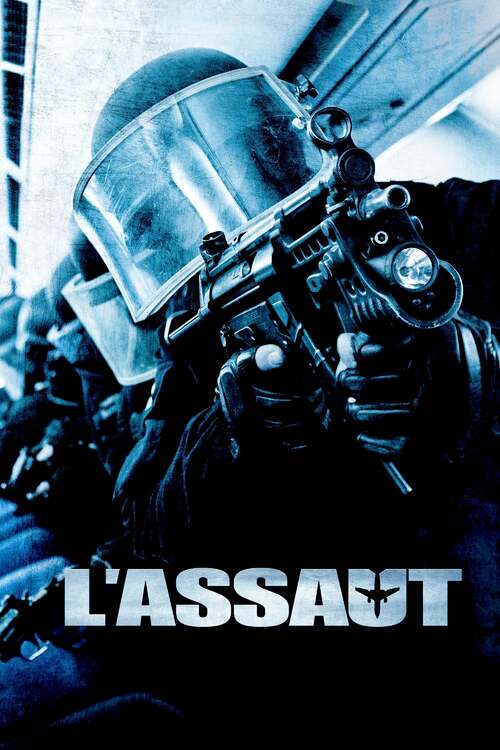
Every day we receive different information associated with terrorism, or acts that are thus classified. Coincidentally, I reviewed this weekend three movies that, despite different optics, explore this theme in an interesting way. The films are the French “The Assault” (“L’Assaut”, FRA, 2010), “Secret Defense” (“Secret Défense”, FRA, 2008) and the British “Cleanskin” (UK, 2012).
Although the fact that most impacted the world in recent years was the attack on the twin towers on September 11, 2001, terrorist acts are nothing new in human history. In the 1970s, cases of plane hijacking sat frequent, some of them even in Brazil. But the most famous were practiced by Palestinian groups in their struggle for a homeland.
The movie “The Assault” tells the story of the hijacking of an Air France plane in Algeria in late 1994. Four men heavily armed from Islamic Armed Group – GIA took over the plane with more than 200 passengers on board, demanding the release of two arrested comrades.
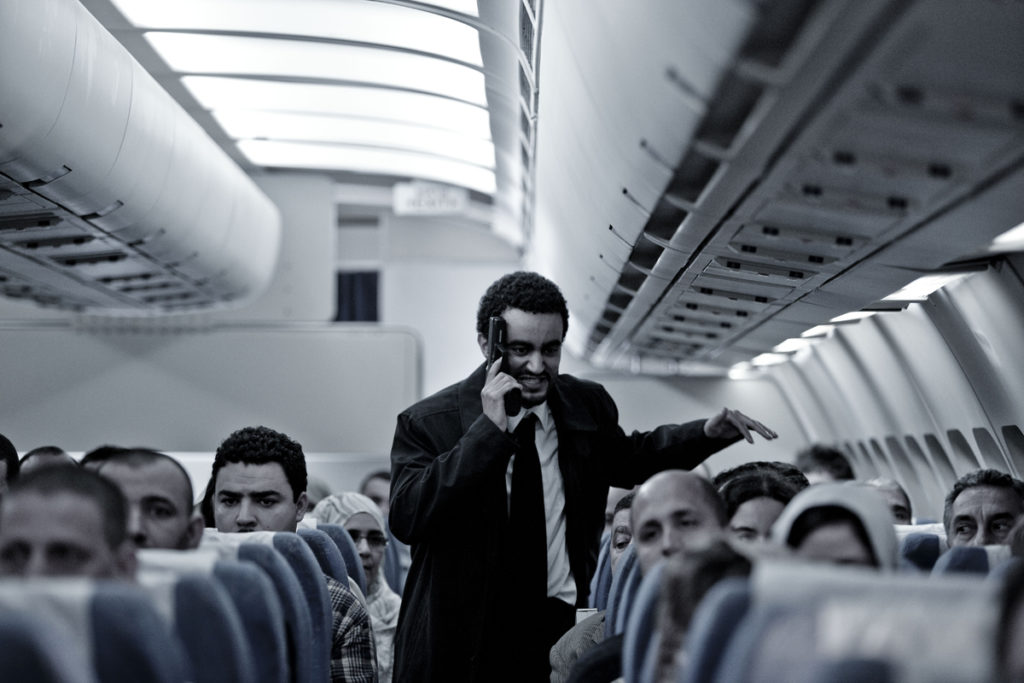
Prohibited from taking off by Algerian authorities, the plane only left the airport after the execution of three passengers. With little fuel, the plane arrived in Marseille, where the terrorists demanded it be refueled.
Certain that this was a suicide flight, the plane was overrun by a team of GIGN (Groupe d’Intervention de la Gendarmerie Nationale), an anti-terrorist group of the French police, in its first major action.
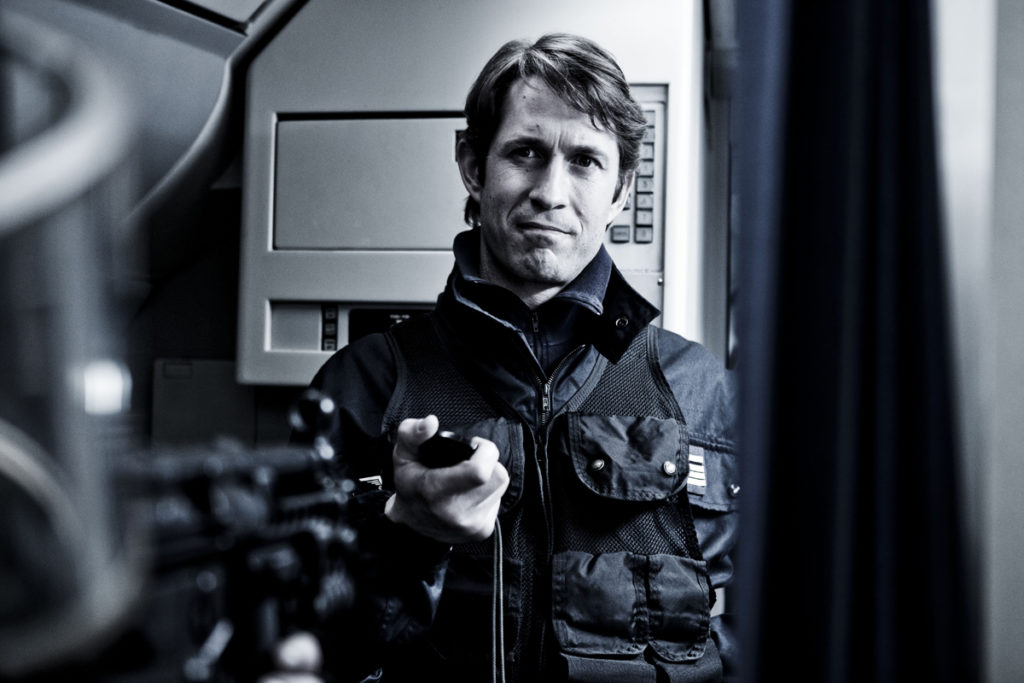
More than a publicity of GIGN, which is considered one of the best groups in the world in this type of operation, the film shows the event in an almost journalistic way, although it has some personal nuances, linked to officer Thierry (Vincent Elbaz), the only police officer injured in the action. Plus, there’s a lot of adrenaline in the plane assault scenes.

The other French film, “Secret Defense”, is a fiction that is very close to reality. The story is told from the point of view of two characters. Diane (Vahina Giocante) was a university student who prostituted to keep her studies. Pierre (Nicolas Duvauchelle) was a poor young man from the periphery who gets involved in drugs and goes to jail.
Half seduced, half-blackmailed, Diane is recruited to work in the French secret service, partly for her knowledge of the Arabic language and partly for her previous life. Alex, in prison, is regimented by Islamic militants, who first attract him to religion and later to extremism.
On each side, the manipulators act behind the scenes, like puppet handlers. Alex (Gérard Lanvin) was Diane’s boss, who forced the young woman to go to dangerous Beirut, where Al Barad (Simon Abkarian) led a group of Islamic extremists. The common point between them was a suicide bombing planned to take place in Paris.
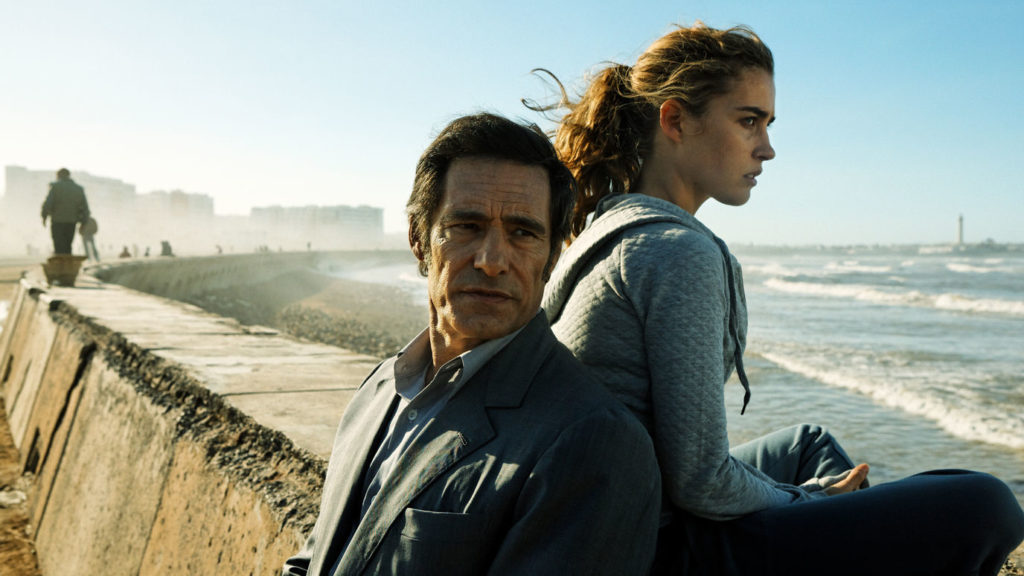
Although the film is an excellent action thriller, the most interesting is the manipulation of people for goals to be achieved, and there is not always much ethics from either side in conflict.
The third film in focus, and the most current vision is the British “Cleanskin”. This expression “cleanskin” serves to classify people who have no criminal record and are therefore unknown to the secret services.
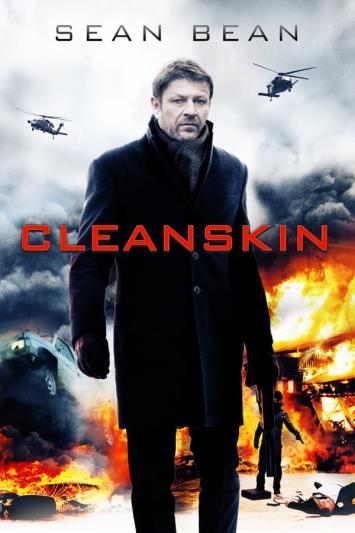
Ewan (Sean Bean) is an agent of the Secret Service of the English government. When escorting an executive, he is attacked by strangers, and a cargo of plastic explosives is carried away.
When a London restaurant is blown up in a suicide bombing by an Islamic extremist, Ewan is summoned by Charlotte (Charlotte Rampling), the head of the secret service, to search for the group responsible and eliminate it “without a trace.”
The person behind the theft of the explosives was Ash (Abhin Galeya), a law student dissatisfied with the West’s narrow view about Middle East, who finds himself involved by Nabil (Peter Polycarpou), the seductive leader of a radical group.
As Ewan deepens the investigations, and kills people he knows nothing about, Ash plans what will be the biggest blow, with the sacrifice of his own life: an attack on a hotel where a group of very influential people will meet.
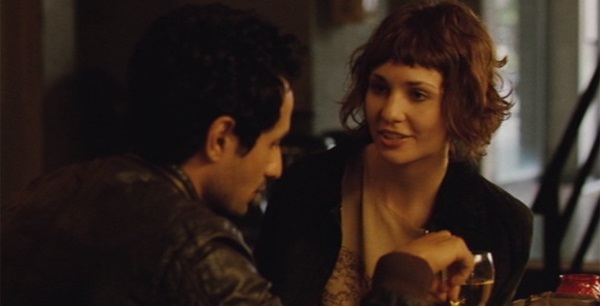
Although the biggest focus is on action, the film masterfully addresses the motivations of people involved in terrorism and counterterrorism, coming to the conclusion that the means and motivations are not always the noblest, and where people are mere pawns.
These three films explore the theme of terrorism in a different way from the Hollywood standard, where everything is black and white, and the brave and honest hero beats everyone. What is perceived from these three movies, whose fiction is sadly twin of reality, is that violence and ambition are two sides of the same coin, and that it has nothing to do with the common good.






